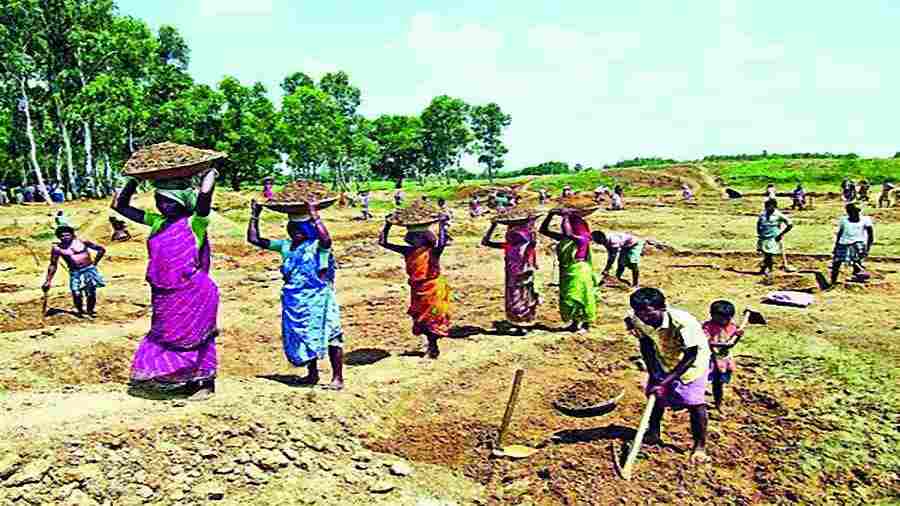The parliamentary standing committee on rural development and panchayati raj has proposed the need to make the Mahatma Gandhi National Rural Employment Guarantee Act more women-centric by bringing additional activities that are done by women under its purview. This was prompted by data from the past five years that showed more than 50 per cent of the participants under this scheme are women. The stipulated proportion of women required to avail of these jobs is 33 per cent. The proposal would also bring about greater economic empowerment of women. The committee has suggested that a lot more work has to be done in identifying the strongest linkages to livelihood opportunities open to women, especially in agriculture-related jobs. Not only women as individuals but self-help groups could be provided with new opportunities to augment their income and wealth. The MGNREGA is a demand-driven scheme. The fact that women have been availing of opportunities under this scheme more than men suggests that they are in greater need of additional income. Women’s labour force participation is very low in India. This, thus, could be one possible way of raising the ratio. The force driving higher women’s participation in the MGNREGA is the fact that as men move to cities for work, women left behind in rural areas are eager to avail of guaranteed opportunities.
Any fresh assessment of MGNREGA schemes to make them more women-centric should also give an opportunity to the government to streamline the entire programme. But challenges exist. For instance, many women need jobs and are willing to go out and work but are constrained by the lack of support to look after children at home. The other set of issues pertain to making economic remunerations regular and fairer. Then, there is the matter of states not receiving their dues on time. There is also the need to ensure that every state has a reasonably similar real wage. Inflation indexing should be done on the basis of local price pressures and not on some national average index. Finally, the outcomes emanating from this scheme need to be assessed objectively. Decentralised, district-level planning could be done to nudge the outcomes into becoming more directly linked to infrastructure, local livelihoods and human development. This fine-tuning could draw out an enormous quantity of useful labour that could create socially necessary assets. It could potentially evolve into a powerful instrument of grass-roots development.










